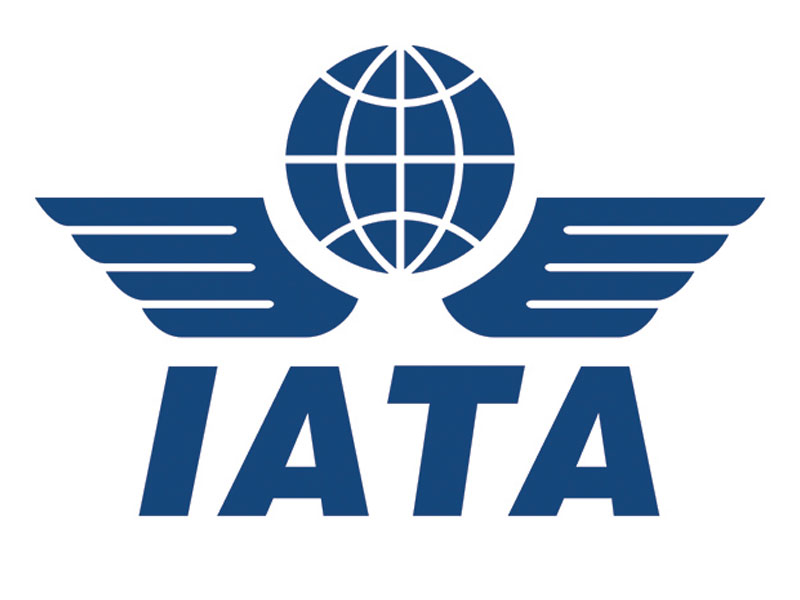Chinedu Eze
While the COVID-19 pandemic forced the suspension of scheduled flight operations, it provided an elixir to cargo freighting, which became a lifeline to many airlines.
In Africa, airlines like Kenya Airways and Ethiopian Airlines leveraged on cargo freighting to keep some of their aircraft in the air and earned revenues that sustained the companies during the lockdown.
Medical supplies and equipment had to be moved and later COVID-19 vaccine had to be distributed. That was why aviation handling companies in Nigeria recalled most of their workers during the lockdown and since then air cargo freighting has maintained steady rise.
But industry pundits fear that as COVID-19 devastation is effectively managed and the world returns to the pre-COVID-19 era, air cargo might begin to witness a slump. To avert this possibility, the International Air Transport Association (IATA) has urged the air cargo industry to continue working together at the same pace, with the same levels of cooperation as during the COVID-19 pandemic to overcome future challenges and build industry resilience.
IATA brought this to the fore during the 14th World Cargo Symposium (WCS) held in Dublin, Ireland on Tuesday this week and stated that sustainability, modernisation are key priorities for the industry post pandemic.
“Air cargo is a critically important industry. This pandemic reminded us of that. During the crisis, it has been a lifeline for society, delivering critical medical supplies and vaccines across the globe and keeping international supply chains open. And for many airlines, cargo became a vital source of revenue when passenger flights were grounded. In 2020, the air cargo industry generated $129 billion, which represented approximately a third of airlines’ overall revenues, an increase of 10–15% compared to pre-crisis levels. Looking towards the future, the outlook is strong. We need to maintain the momentum established during the crisis and continue building resilience post pandemic,” said IATA’s Global Head of Cargo, Brendan Sullivan.
IATA said the outlook for air cargo in the short and long-term is strong, disclosing that indicators such as inventory levels and manufacturing output are favorable, as the world trade is forecast to grow at 9.5 per cent this year and 5.6 per cent in 2022, e-commerce continues to grow at a double-digit rate, and demand for high-value specialized cargo – such as temperature-sensitive healthcare goods and vaccines – is rising.
“This year cargo demand is expected to exceed pre-crisis (2019) levels by 8 per cent and revenues are expected […]
